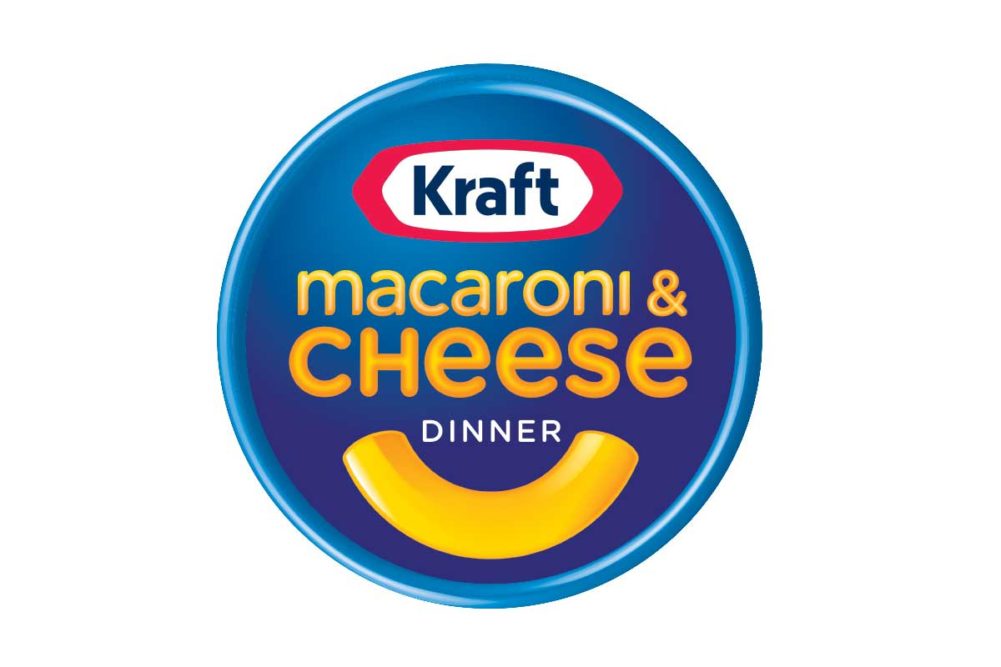CHICAGO — “We are also evolving as a company,” said Miguel Patricio, chief executive officer of Kraft Heinz Co. “We are a much stronger company than we were two years ago. And through our transformation, we are well positioned for the road ahead.”
Mr. Patricio offered the observation in prepared remarks after Kraft Heinz announced third-quarter financial results and raised its guidance for the full year. While sales in the third quarter were down from a year earlier, sales adjusted for the divestiture of the company’s nut business were higher.
“I am incredibly proud of our Kraft Heinz team for delivering another quarter of results that exceed our expectations, even as we face the ongoing challenges of the pandemic and, now, escalating inflation,” Mr. Patricio said. “We are effectively adapting to near-term challenges while transforming our business and rejuvenating our iconic brands to better serve consumers for the long term. We still have much to do, but our momentum is strong and our strategy to bring agility to our scale is working, which is why we are increasing full-year expectations.”
Third-quarter net income at Kraft was $736 million, equal to 59¢ per share on the common stock, up 23% from $598 million, or 49¢. Sales were $6.324 billion, down 1.8% from $6.441 billion. Earnings were boosted by a goodwill write-off a year earlier totaling $300 million. Adjusted net income was down 18% versus the 2019 third quarter.
Organic net sales, excluding the nuts business, rose 1.3% versus the prior year and 7.6% from the 2019 period.
“These gains came despite more normalized promotional activities with retailers versus the year-ago period, especially in the United States,” Kraft Heinz said. “Volume/mix declined 0.2 percentage points versus the year-ago period reflecting declines versus extraordinary COVID-19-related retail demand in 2020, that were partially offset by a recovery in foodservice channels.”
Emphasizing the strong trends the company is enjoying, Mr. Patricio said the company’s organic net sales growth strengthened sequentially from the second quarter to the third.
“Price realization is beginning to come through faster, and our focus on variable costs efficiencies is paying off,” he said. “We can see this in our gross margins, where in Q3, we remained in line with 2019 levels despite escalated cost inflation.”
He said sales growth would have been stronger still but for production capacity constraints.
Offering guidance for the balance of the year, Kraft Heinz said organic sales will be flat in 2021 versus 2020 and adjusted EBITDA will top $6.2 billion, up from previous guidance of at least $6.1 billion.
Mr. Patricio said the company expects inflation “at the high end of the mid-single-digit range” for the year, accelerating in the second half to high single-digits. Inflation is expected to remain strong at least in the first half of 2022.
Speaking about the company’s US business, Mr. Patricio said figures for household penetration and repeat rates relative to 2019 remained strong in the third quarter, especially the company’s priority growth platforms. In the case of Taste Elevations (brands such as Heinz and Grey Poupon), the company gained 5 points of household penetration and 12 points in repeat purchases. Gains were even strong in Easy Meals Made Better (e.g., Quero, Ore Idea and macaroni and cheese) up 12 points in penetration and 20 points in repeat.
“Not only is this fully remarkable for such well-known established brands, it also speaks to the inherent strength and potential they have when we apply the right focus,” Mr. Patricio said.
Highlighting specific brands, he said Oscar Mayer gained half a point of market share in the third quarter versus a year ago, boosted by the renovation and relaunch of the brand. In the case of Ore-Ida, market share has increased two points since the third quarter of 2020.
Kraft Heinz is investing more heavily in marketing as well as research and development, Mr. Patricio said. The company is “on a path to renovate the product packaging and a brand proposition of approximately 70% of our brands by the end of 2022.”
Asked by an analyst whether Kraft Heinz was benefiting from investments it has made since 2019 to upgrade its supply chain, Mr. Patricio said the company’s ability to maintain gross profit margins at pre-pandemic levels despite surging costs was evidence that pricing and supply chain investments have paid off.
Carlos A. Abrams-Rivera, US Zone president, offered specific examples of the investments the company has made and continues to make. He said Kraft Heinz will have nearly doubled its capacity to produce Heinz Dip and Squeeze ketchup by the end of 2022 and also next year will increase capacity of its Mac and Cheese cups 20%. Sooner, by the middle of next year, the company will increase capacity to produce frozen products sold under the Delimex brand by a third.
Paulo Basilio, chief financial officer, said the company expects to close the divestiture of its natural cheese business by the end of the year.
“When it closes, we will remain focused on retiring our debt opportunistically depending on market conditions, managing our leverage consistent with an investment-grade profile and accelerating our growth agenda with a significant financial and strategic flexibility this brings, which brings me to our earnings outlook,” Mr. Basilio said.
Kraft Heinz first announced the $3.2 billion sale of parts of its cheese business to The Lactalis Group in September 2020, predicting at the time the transaction would be completed by the end of June 2021.






